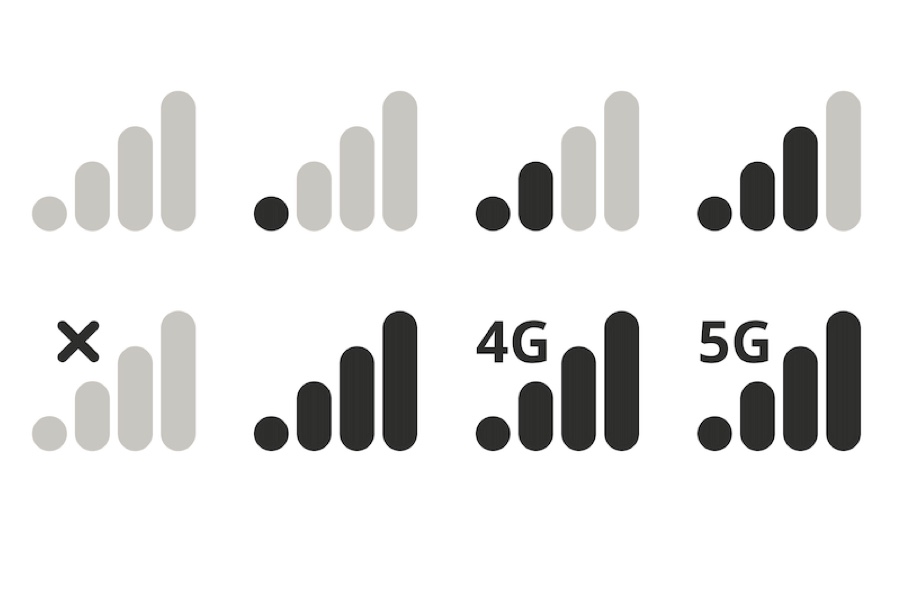4G smart meter hubs are on the way
The smart meter rollout aims to get a smart energy meter in 75% of the UK’s homes and businesses by the end of 2025. It’s not been a very smooth process so far, with technical glitches, budget problems and a global pandemic just three of the issues that have slowed down the rollout. Today, it looks like the rollout won’t hit its target.
While some of the problems the rollout has faced were avoidable, there is a new issue on the horizon. The UK plans to switch off its 2G and 3G mobile connectivity systems at the end of 2033 – and every smart meter hub in the country uses those systems to communicate with suppliers. It would mean they would become instantly obsolete.
Fortunately, some stakeholders are getting ahead of the issue. In this article, we’ll tell you more about it.
New 4G smart meter communications hubs
December 2024 saw the first installations of 4G communications hubs for smart meters. These new hubs will work even after the 2G and 3G switch-off, so homes and businesses can enjoy the benefits of smart meters without interruption.
The first hubs were installed in Staffordshire by Eon as part of a pilot scheme lasting from December 2024 to February 2025. A wider rollout is planned for the summer of 2025.
The Data Communications Company (DCC) led the launch in collaboration with Toshiba, Accenture, CGI and Deloitte. Toshiba developed the dual-band 4G communication hub, which extends the home area network’s reach and ensures compatibility. Its global supply chain is ready to ramp up production for the full-scale rollout.
Risk to net zero
The industry estimates that there are 7 million devices that would need to be upgraded before the 2033 2G and 3G switch-off. If stakeholders fail to upgrade these meters, it would negate much of the smart meter rollout.
According to industry experts, smart meters are a valuable tool in the drive to decarbonisation and national net zero targets. This is because smart meters help consumers take more control of their energy use, while suppliers use them to balance demand across their infrastructure.
For this reason, the DCC is asking Ofgem to change regulations, which they claim discourage suppliers from upgrading old smart meter communication hubs. Ofgem is now looking at this as a matter of urgency.
Should DNOs take over the smart meter rollout
With urgent action needed to safeguard the future of smart meters in the UK, one industry expert has called for an immediate shake-up of the smart meter rollout.
Former DCC Chief Executive Angus Flett recently wrote that the time has come for Distribution Network Operators (DNOs) like UK Power Networks and National Grid Electricity Distribution to lead the rollout, rather than suppliers like Eon and British Gas. He also proposed that having a smart meter become compulsory rather than voluntary.
In Angus Flett’s opinion, the current supplier-led rollout has become inefficient. While suppliers excel at marketing, so could get consumers to volunteer to take up smart meters, the 2G and 3G shutdown means a geographic approach would be faster. To upgrade these smart meters would require a home visit from an engineer, in most cases. Therefore, DNOs could organise these upgrades in their regions, instead of having lots of suppliers working nationally but separately.
Furthermore, if having a smart meter was mandatory, you’d get more widespread adoption, reduce costs and accelerate the transition to a smart energy system aligned with the country’s decarbonisation goals.
Looking to the future
It’s great to see that the stakeholders in the smart meter rollout are forward-planning to mitigate the 2G and 3G shutdown nine years before it actually happens. It’s impressive to see collaboration between the DCC, Eon, Toshiba and the other companies involved in the 4G pilot scheme. We welcome this development.
It’s also good to see a debate in the energy industry on the future of smart meters, rather than admitting defeat. Whether DNOs or suppliers lead the rollout, whatever gets more meters running at full capacity in more people’s homes has to be good news.
Let’s hope for more interesting developments in 2025.
